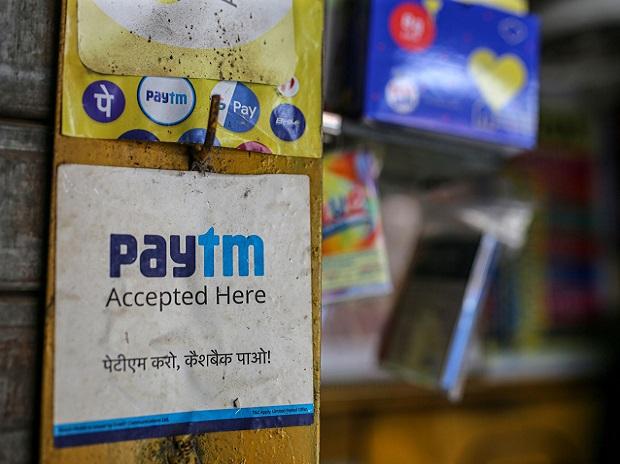[ad_1]
However, these transactions will attract an interchange of 1.1 per cent of the transaction value if the transaction value is above Rs 2,000. The interchange fees has to be paid to the issuer of the wallet when the wallet holders pay through their wallet balance on UPI.
Following these guidelines, Paytm Payments Bank, an associate company of Paytm, announced that all its full KYC wallet customers will now be able to make payments on every UPI QR code and online merchant where UPI payments are accepted.
According to a research note issued by Citi, the interoperability of wallets with UPI significantly improves the salience of wallets. Wallets can now be used on UPI rails (250 million QRs as of Feb 23) and, unlike UPI itself, have better convenience (load wallet once and use multiple times vs entering UPI code at every instance of payment).
This move of NPCI is expected to be positive for Paytm, which has a 60 per cent share in wallets. This will mean Paytm wallets will gain universal acceptance across all UPI QRs and devices.
According to experts, the NPCI circular on full interoperability of KYC wallets across all UPI merchants is a significant step towards the growth of digital payments in India. The guidelines make wallets more appealing to customers by opening up newer payment-use cases.
“Many merchants use wallets for accepting customer payments, for instance, at PoS. Interoperability will significantly ease collection for them since it will allow merchants to accept wallet payments regardless of the wallet being used by the customer. Further, it will eliminate the need for specific integrations with a particular wallet to accept payments on a website since customers can also pay via UPI or card infrastructure. This will increase the payment alternatives for customers”, said Akash Sinha, Co-founder & CEO of Cashfree Payment.
[ad_2]
Source link



